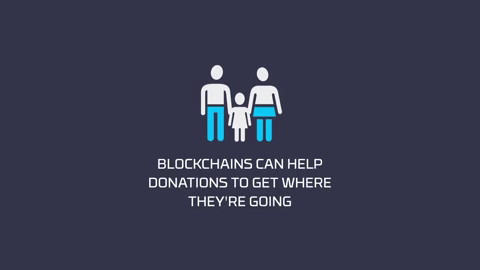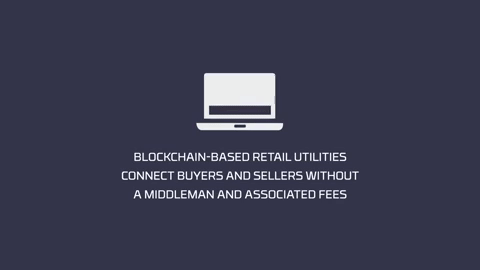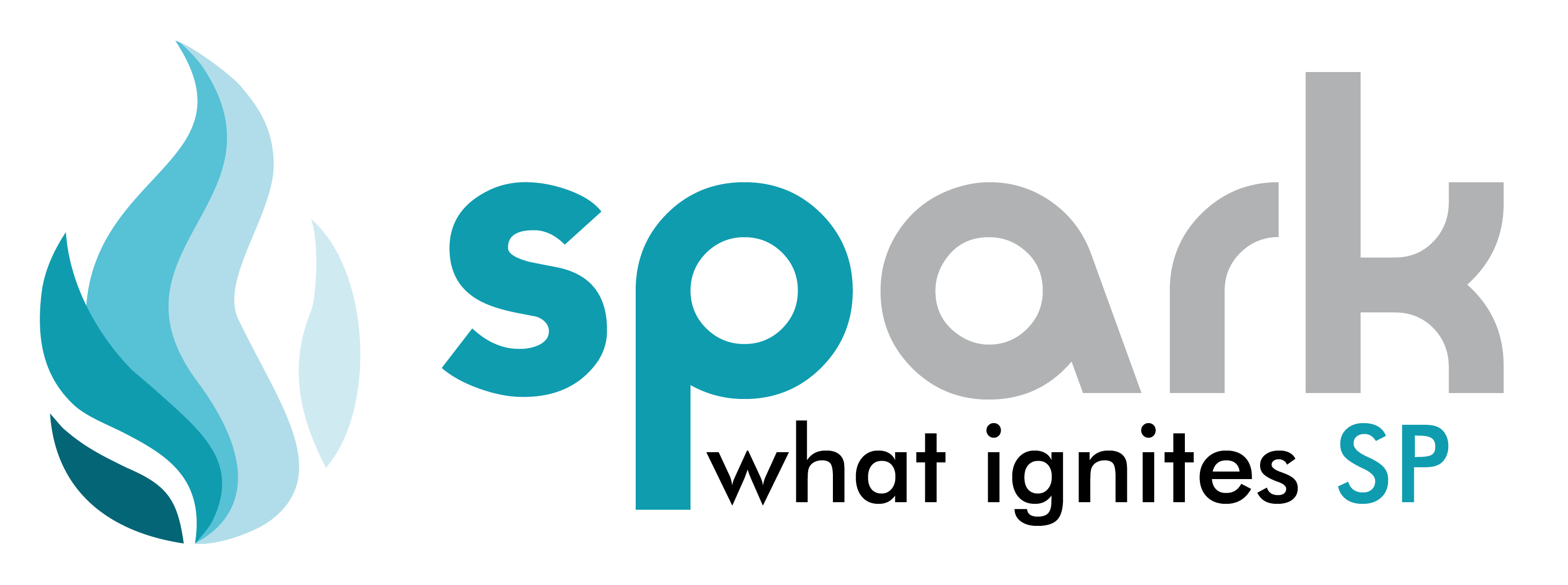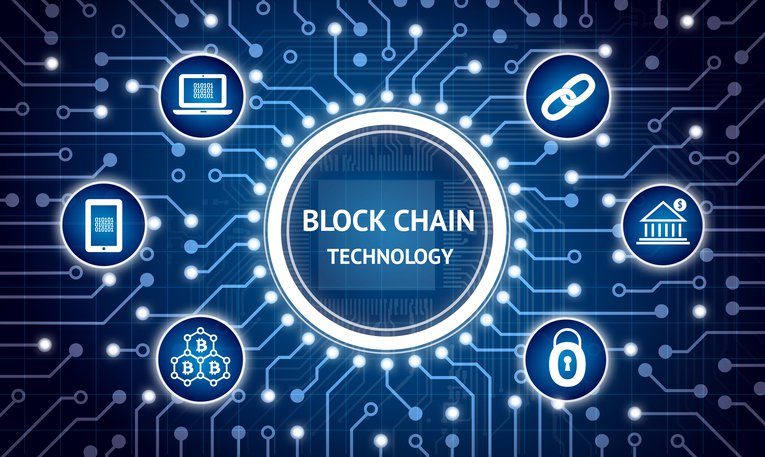Unlike prehistoric barter systems, trade is extremely complex today.
Trading-transactions are conducted on a global platform and are recorded via bookkeeping, the details of which are often kept isolated and away from public eyes. Consequently, we require trustworthy third parties and middlemen to facilitate our transactions. Think ‘government banks, accountants, notaries and of course, the paper money in your wallet’.
WHY BLOCKCHAIN?

What if there were to exist a technology capable of completely transforming the very basic pillars on which our society stands and radically change the ways and means by which our economy, business and governance system functions? It would change our conceptual understanding of trade, ownership and trust – and for the better. Such a technology already exists and is known as the blockchain technology.
Blockchain technology is a distributed ledger technology that underlies cryptocurrencies like Bitcoin and provides a way to record and transfer data that is transparent safe and resistant to outages. It has the ability to make the organizations that use it transparent, democratic, decentralized, efficient and secure.
HOW DOES BLOCKCHAIN REALLY WORK?

Blockchain Technology consists of a network of computers to maintain a collective bookkeeping via the internet. This bookkeeping is open, public and present in one digital ledger which is fully accessible across the network.
In this digital network, every node owns a copy of the entire blockchain. This itself logs all the information pertaining to the transactions such as the date, time, participant’s identity and the amount being exchanged. Bitcoin miners maintain the ledger and also verify the transactions by virtue of the complicated state of the art mathematical principles. One of the biggest perks of the blockchain is its immunity to hacking and various forms of corruption. If anyone attempts to corrupt a transaction, the nodes will not arrive at a consensus and hence will refuse to incorporate the transaction in the blockchain. So every transaction is public and thousands of nodes unanimously agree that a transaction has occurred on date X at time Y. This unofficial presence of a digital notary helps citizens have access to the single shared resource of truth. This is why everyone can trust the blockchain.
AREAS TO BE REVOLUTIONIZED
Banking and Payments
Many believe that blockchain will do to banking what the internet did to the media. Blockchain will provide financial services to billions of people around the world. Sending money across borders and with relatively low fees will soon become a reality.
Cybersecurity

Since 45% financial intermediaries such as stock exchanges and money transfer services suffer from economic crime every year, the potential of reducing frauds is something all organizations can look forward to. In spite of it being a public ledger, the blockchain is encrypted using advanced cryptography. Also as mentioned above, hacking the blockchain is no blackhat’s play.
Charity

Common complaints in the charity space include inefficiency and corruption, which prevent money from reaching those who deserve it. Using blockchain technology to track donations can let you be sure your money is going to end up in the right hands. Bitcoin-based charities like the BitGive Foundation use blockchain’s secure and transparent distributed ledger to let donors see that the intended party has received the funds.
Retail

When you shop, your trust of the retail system is tied to the trust of the store or marketplace. Decentralized blockchain-based retail utilities work differently: they connect buyers and sellers without a middleman and associated fees. In these cases, trust comes from smart contract systems and the security of exchanges. Say goodbye to Amazon.
Real Estate
Plaguing every other sector along with the real estate sector are the issues of bureaucracy, lack of transparency, frauds, and mistakes in record keeping. Blockchain reduces the need for paper-based record keeping, and helps verify originality in documents, ownership and facilitates transferring of property deeds.
Several years into the deployment of the internet, many still believed it to be a fad. Since then the internet has become an irreplaceable part of our life, influencing everything from our means of socializing to the Arab Spring to the US elections in 2016. Yet in the 1990s the mainstream press scoffed when Nicholas Negroponte predicted that most of us would soon be reading our news online rather than from a newspaper.
Will we soon be seeing a similar impact from cryptocurrencies and blockchains?
Only time will tell.


Comments are closed.